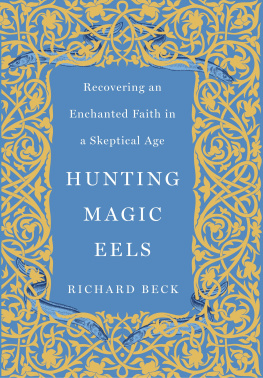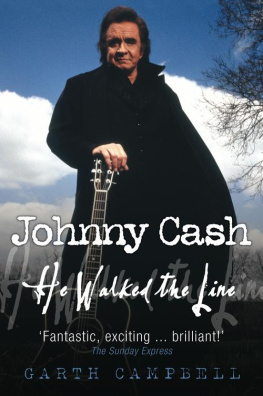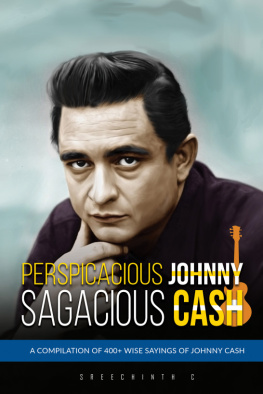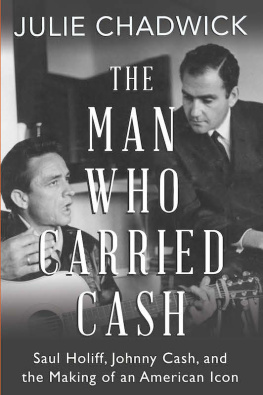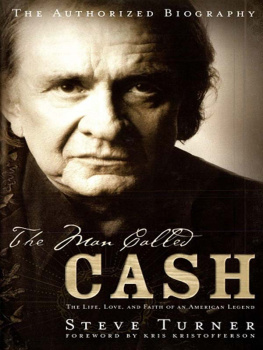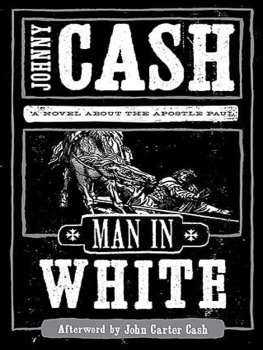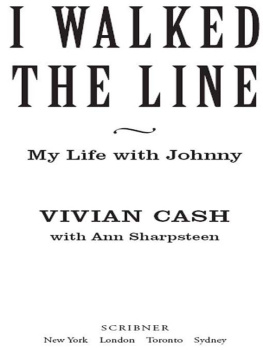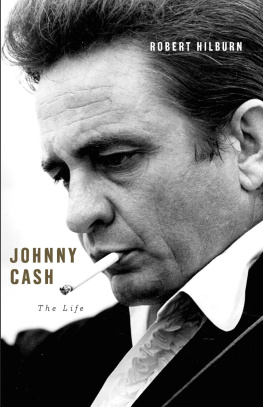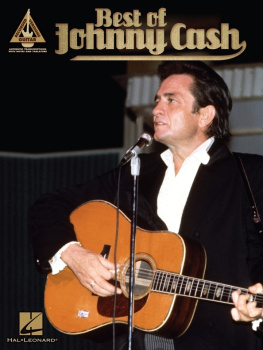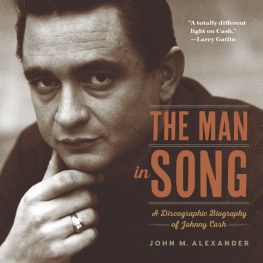Copyright 2019 Fortress Press, an imprint of 1517 Media. All rights reserved. Except for brief quotations in critical articles or reviews, no part of this book may be reproduced in any manner without prior written permission from the publisher. Email copyright@1517.media or write to Permissions, Fortress Press, PO Box 1209, Minneapolis, MN 55440-1209.
All biblical citations from NIV.
3
Introduction: Trains, Jesus, And Murder
Hello, Im Johnny Cash.
The brief introduction came through my car speakers, followed by a thunderous eruption so loud that I turned the volume down a bithundreds of men cheering, screaming, and stomping their feet. The guitar came in with that signature boom-chicka-boom rhythm. And then I heard the iconic, unforgettable voice.
Johnny Cash, live at Folsom Prison.
I was driving to a prison as the Man in Black sang about shooting a man in Reno just to watch him die. Driving past barbed-wire fences, mesquite trees, and cacti, I was heading north out of Abilene, Texas, on Farm Road 1082 to a Texas Department of Criminal Justice facility, the maximum-security French Robertson Unithome to over two thousand incarcerated souls.
The State of Texas dresses its prisoners in all white. We call the inmates the Men in White. Later I was to discover that Johnny Cash once wrote a book entitled Man in White, a novel about the apostle Paul.
The music played on: songs of a criminal being hanged (25 Minutes to Go), of a man captured and executed for shooting his cheating wife (Cocaine Blues), of a prisoner committing suicide (The Wall), and of a man released from jail who dies beside the railroad tracks (Give My Love to Rose). Id never heard anything like this concert, and neither had the world when At Folsom Prison was released in 1968. Cash sang of murder, suicide, executions, and despair to a raucous audience of inmates behind bars at the infamous Folsom Prison.
At Folsom Prison isnt all dark. The concert is punctuated with fun and lighthearted moments (Dirty Old Egg-Suckin Dog, Flushed from the Bathroom of My Heart), reflective of Cashs love of joke songs and his desire to bring laughter into the darkness of Folsom. The energy peaks when Cashs wife June comes out to sing Jackson, a hilarious duet about a couple who got married a bit too impulsively.
The album ends with the song Greystone Chapel, written by Glen Sherley, an inmate at Folsom prison. A song about the faith of the incarcerated, Greystone Chapel speaks for Folsom inmates searching for the light in their very dark world.
I was driving toward my own Greystone Chapel. On Monday nights, I lead a Bible study for fifty inmates at the French Robertson Unit. Every Monday, I park my car and make my way through securitymy person patted down to check for contraband, my Bible scanned in the X-ray machine. I walk past the tall fences topped with razor wire, glancing up at the watchtowers, through the gate and under the ominous sign that reads, No Hostages Shall Pass Through This Gate. I move through multiple checkpoints where my ID is verified. Heavy, sliding metal doors lock and unlock, granting me passage and locking me in.
Eventually, I get to the chapel. The correctional officer working the desk calls out my buildings, releasing the men housed in different parts of the facility to come to the study. The Men in White begin to arrive. Officers line them up to be patted down, searching for contraband. Once, an inmate nicknamed the Philosopher caused alarm as an officer felt something in his sock. It was a small Bible, one of those pocket New Testaments. The officers put the Philosopher against the wall, patting him down, eventually discovering eight small Bibles hidden all over his person. Some people carry concealed weapons. The guys who come to my Bible study carry concealed Bibles.
Released into the chapel, the men form a reception line. Herb, my coteacher, and I stand and greet each man individually with a warm embrace and a check in. Cmo ests? How are you? How is your grandmother doing? Did your daughter write you back? How is your health? Was a date for the parole hearing set?
For many of the Men in White, this greeting time is the highlight of their week. Many of the inmates dont get visitors, having no family to speak of. For these men, we are the only people from the free world who come to see them. For their entire week, our embrace and conversation are the only experience they will have during which they can forget they are a prisoner.
I bought Johnny Cashs At Folsom Prison because of these men. I had been leading the study for a few years when I came across the album at a music store. I knew it was a live concert Cash had recorded inside Folsom. My experiences at French Robertson drew me to the album. I bought it, figuring it would be a great thing to listen to as I drove out of town on country roads toward the prison each week.
I didnt know much about Johnny Cash at the time, but I knew a bit. Even if youre not a fan, its hard not to know a few things about Johnny Cash, sort of like how everyone knows something about Elvisthat he was the King of Rock and Rolland can probably sing along to You Aint Nothing but a Hound Dog. In a similar way, most people have heard Johnny Cash referred to as the Man in Black and have heard the songs I Walk the Line and Ring of Fire. Maybe you saw the movie I Walk the Line, starring Joaquin Phoenix and Reese Witherspoon as Johnny Cash and June Carter. Thats about as much as I knew of Johnny Cash when I popped in At Folsom Prison for the first time during my drive out to the prison.
The second I heard the Folsom inmates scream after Cashs standard concert opening (Hello, Im Johnny Cash), I was hooked. What captivated me about the album wasnt just Cashs grim song selection, the cussing, the complaints about the prison water, or the banter with the guards and prisoners. It was the sound of the roomthe inmates cheering, hollering out, and laughing. I listened to the officers breaking in between songs: I have an announcement here: 88419 is wanted in reception. The voices of inmates, the prisoner ID numbers being called out, guards interrupting, the just-under-the-surface tension between the officers and the inmates, booing the wardenI know that world. I step into it every Monday night.
Beyond that flash of recognition, I was also transfixed by the contrasts of the concert. Murder ballads were juxtaposed with hymns of faith. That clash between the darkness and the light drew me deeper into the music of Johnny Cash. In 2000, Cash released a compilation set titled


